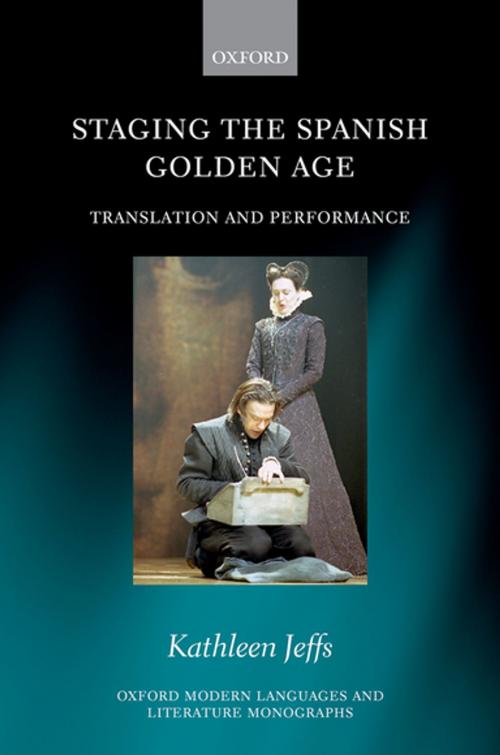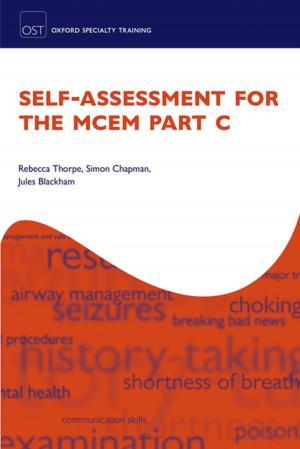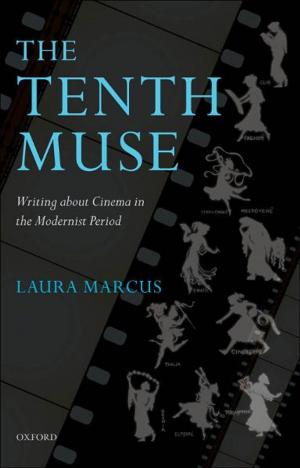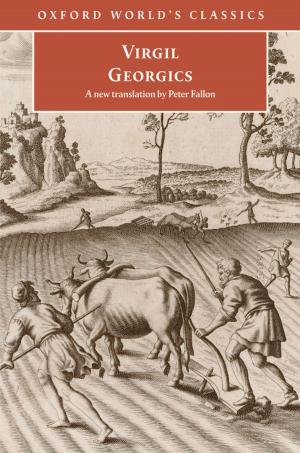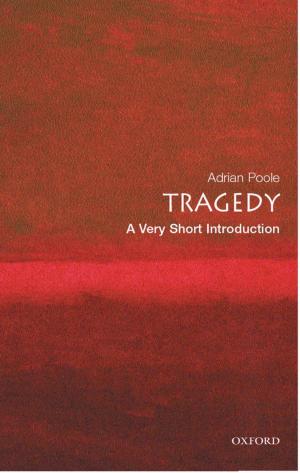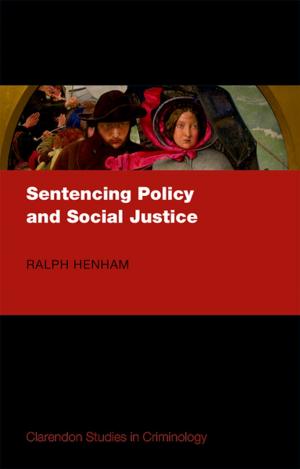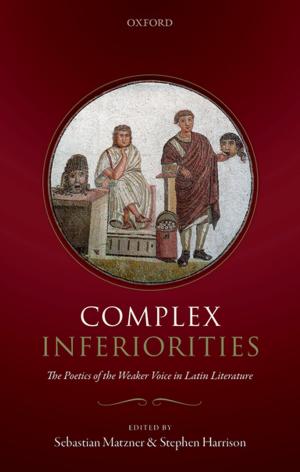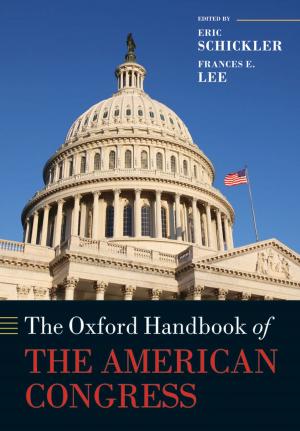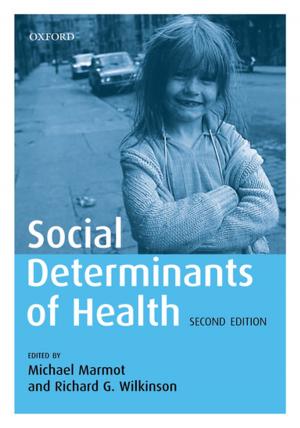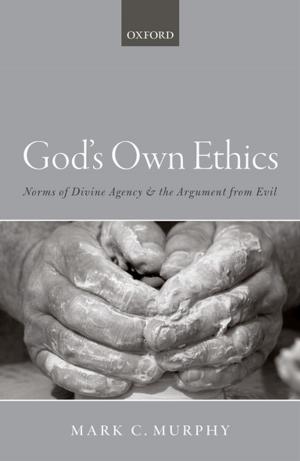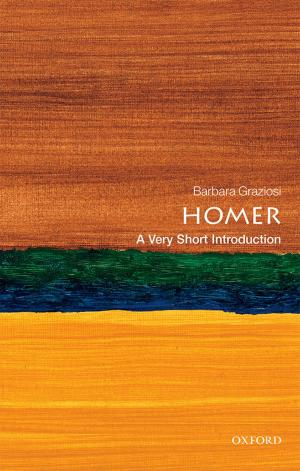Staging the Spanish Golden Age
Translation and Performance
Fiction & Literature, Literary Theory & Criticism, Drama History & Criticism| Author: | Kathleen Jeffs | ISBN: | 9780192551405 |
| Publisher: | OUP Oxford | Publication: | April 16, 2018 |
| Imprint: | OUP Oxford | Language: | English |
| Author: | Kathleen Jeffs |
| ISBN: | 9780192551405 |
| Publisher: | OUP Oxford |
| Publication: | April 16, 2018 |
| Imprint: | OUP Oxford |
| Language: | English |
In this volume, Kathleen Jeffs draws on first-hand experience of the Royal Shakespeare Company's rehearsal room for the 2004-05 Spanish Golden Age season to put forth a collaborative model for translating, rehearsing, and performing Spanish Golden Age drama. Building on the RSC season, the volume offers methodologies for translation and communication that can feed the creative processes of actors and directors, while maintaining an ethos of fidelity with regards to the original texts. It argues that collaboration between academics and theatre practitioners was instrumental in the success of the season and that the work carried out has repercussions for critical debate of Comedia. The volume posits a model for future productions of the Comedia in English, one that recognizes the need for the languages of the scholar and the theatre artist to be made mutually intelligible by the use of collaborative strategies, mediated by a consultant or dramaturg proficient in both tongues. This model applies more generally to theatrical collaborations involving a translator, writer and director, and will be useful for translation and performance processes in any language.
In this volume, Kathleen Jeffs draws on first-hand experience of the Royal Shakespeare Company's rehearsal room for the 2004-05 Spanish Golden Age season to put forth a collaborative model for translating, rehearsing, and performing Spanish Golden Age drama. Building on the RSC season, the volume offers methodologies for translation and communication that can feed the creative processes of actors and directors, while maintaining an ethos of fidelity with regards to the original texts. It argues that collaboration between academics and theatre practitioners was instrumental in the success of the season and that the work carried out has repercussions for critical debate of Comedia. The volume posits a model for future productions of the Comedia in English, one that recognizes the need for the languages of the scholar and the theatre artist to be made mutually intelligible by the use of collaborative strategies, mediated by a consultant or dramaturg proficient in both tongues. This model applies more generally to theatrical collaborations involving a translator, writer and director, and will be useful for translation and performance processes in any language.
